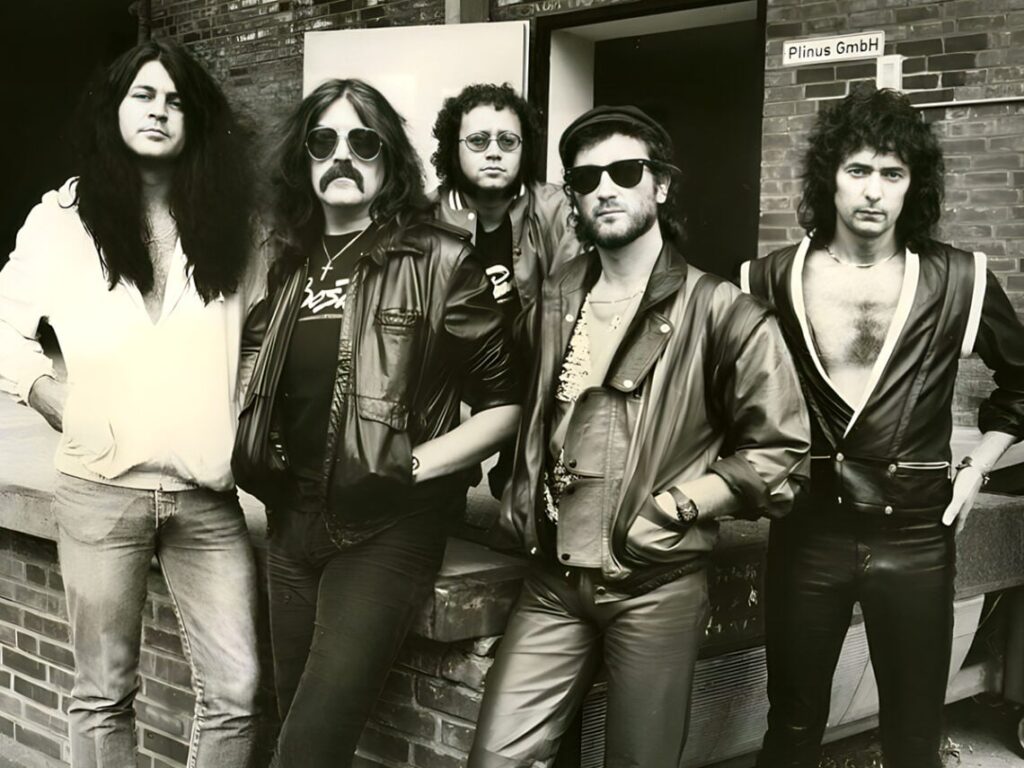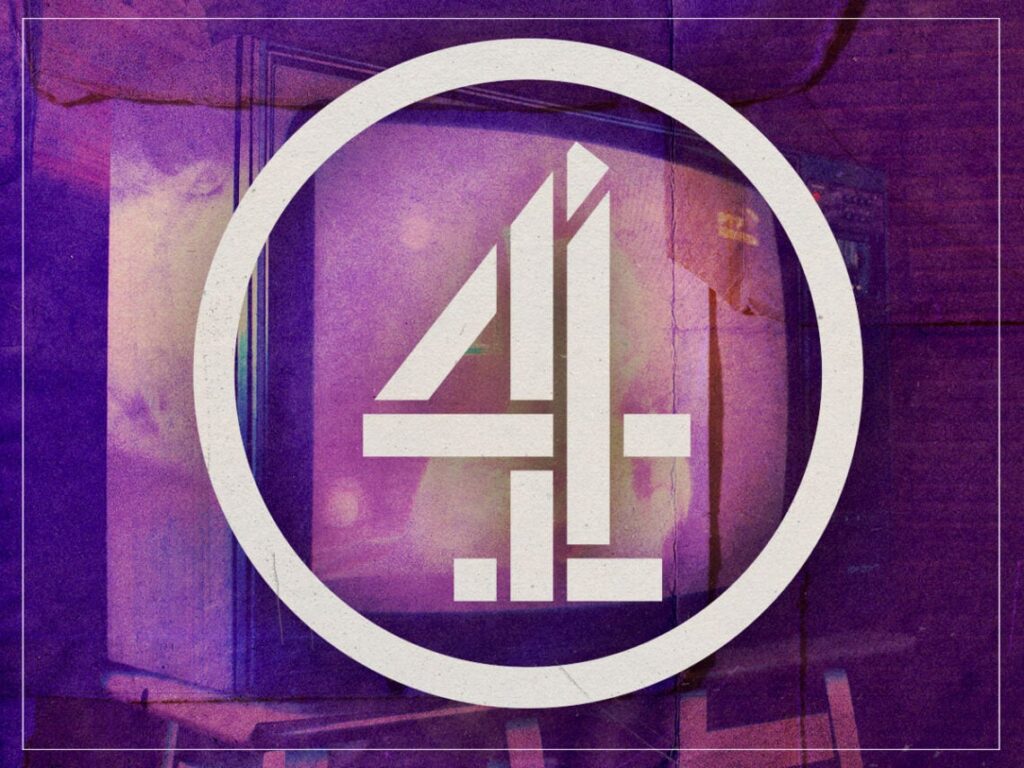‘Bombay Calling’: The forgotten song that inspired Deep Purple’s protest masterpiece
 Posted On
Posted On
(Credits: Alamy)
It takes a certain breed of rock star to be able to pull off a message song. While everyone wants the opportunity for their music to be taken seriously, there are just as many who approach sensitive topics and fall flat on their face as there are those who are actually able to pull it off correctly. Deep Purple were more than up to the challenge when creating their iconic song ‘Child in Time’, but they had some help from the song ‘Bombay Calling’.
By the time this iteration of Purple geared up to make In Rock, they were still just getting used to their lineup. Even though this was the lineup of the group that would eventually birth anthems like ‘Smoke on the Water,’ it wasn’t clear at the time whether they were going to improve on their original vision or become another version of Led Zeppelin.
When hashing out different song ideas, Jon Lord began playing the beginnings of ‘Bombay Calling’, which originated from the band It’s a Beautiful Day. The original is already a slow, plodding song half the time, but Ian Gillan knew the only way they could make it work was to add some drama to it.
Since the world was just coming off of the Vietnam War, Gillan had visions of what the thought of nuclear war would be like saying, “I had never heard the original ‘Bombay Calling.’ So we created this song using the Cold War as the theme and wrote the lines ‘Sweet child in time, you’ll see the line.’ That’s how the lyrical side came in…The song basically reflected the mood of the moment, and that’s why it became so popular”.
Granted, the musical side of the song is a lot more direct than any of the initial lyrics. Throughout the track, Gillan gives the kind of vocal showcase that most rock singers only hope to reach throughout their career, building up to the climax of the song where he’s screaming like a banshee.
If the studio version already sounded haunting, just listen to what they did to the song live. In the version that ended up on the album Made in Japan, Gillan may outdo himself compared to the studio recording, often working off the audience and turning his voice inside out to create the sound of someone on their last legs.
Whereas the political themes are certainly there in the final product, the music does a much better job of painting that picture. Tensions were still high between different factions of the world, and since everyone had weapons of mass destruction at their disposal, this feels like a dramatic re-enactment of what it would sound like as the bombs fell.
While Lord’s organ might have already sounded foreboding, hearing Ritchie Blackmore match Gillan’s high notes on his guitar feels like you’re caught in the mayhem of everything, praying for some shelter from the bombs that are never going to come. Most people would have rather heard this kind of political material from the likes of John Lennon or Bob Dylan, but Purple managed to get their point across through pure music.
[embedded content]
[embedded content]

